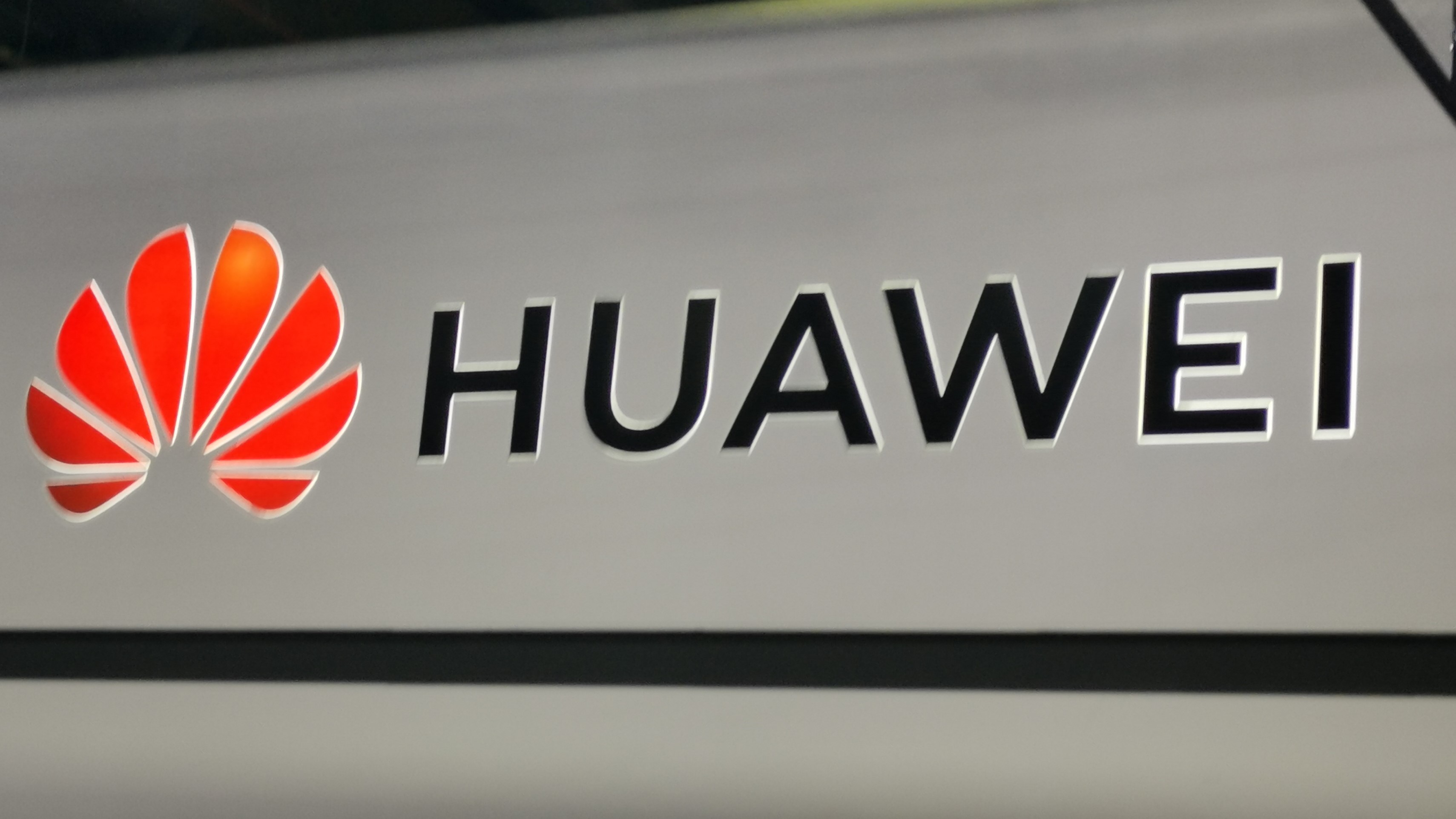Huawei founder says company should pivot to software
Ren Zhengfei impresses the benefits of open source to Huawei employees

Sign up for breaking news, reviews, opinion, top tech deals, and more.
You are now subscribed
Your newsletter sign-up was successful
Huawei founder Ren Zhengfei has urged the company's employees to focus on software in order to become more autonomous and independent.
The trade sanctions imposed on Chinese manufacturers by the Trump administration has forced the likes of Huawei to rethink their business strategy from the inside out.
With the current Biden administration looking to maintain the status quo, Zhengfei’s warning could perhaps mark a turning point for the tech giant, traditionally known for its hardware prowess rather than software.
- Here's our list of the best business smartphones available
- These are the best online collaboration tools
- Here's our list of the best business laptops
In an internal memo seen by Reuters, Zhengfei says Huawei should use software not just to strengthen its position at home, but also to expand its territory effectively to drive away the US.
"Once we dominate Europe, the Asia Pacific and Africa, if U.S. standards don't match ours, and we can't enter the U.S., then the U.S. can't enter our territory," wrote Zhengfei.
Exploiting open source
One of the biggest pieces of software to emerge from Huawei is the HarmonyOS family of operating systems that can supposedly run everything from smartphones to Internet of Things (IoT) devices, including smart TVs and smartwatches.
Huawei confirmed to CNBC that it intends to ship the operating system on its smartphones in 2021.
Sign up to the TechRadar Pro newsletter to get all the top news, opinion, features and guidance your business needs to succeed!
Importantly though, while HarmonyOS is currently closed source, Huawei has announced that it will be released under an open source license upon completion.
The company’s inclination towards open source is reflected in Zhengfei’s memo, which calls for finding the right business model to ensure the success of their software, reportedly asking employees to "absorb nutrients" through open source communities.
- These are the best business computers currently available
Via Reuters
With almost two decades of writing and reporting on Linux, Mayank Sharma would like everyone to think he’s TechRadar Pro’s expert on the topic. Of course, he’s just as interested in other computing topics, particularly cybersecurity, cloud, containers, and coding.
